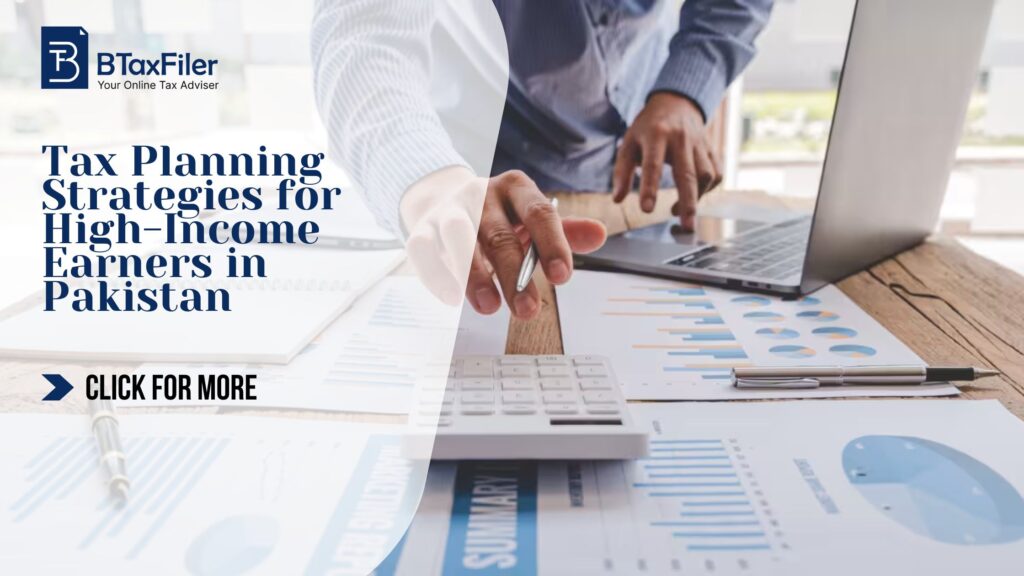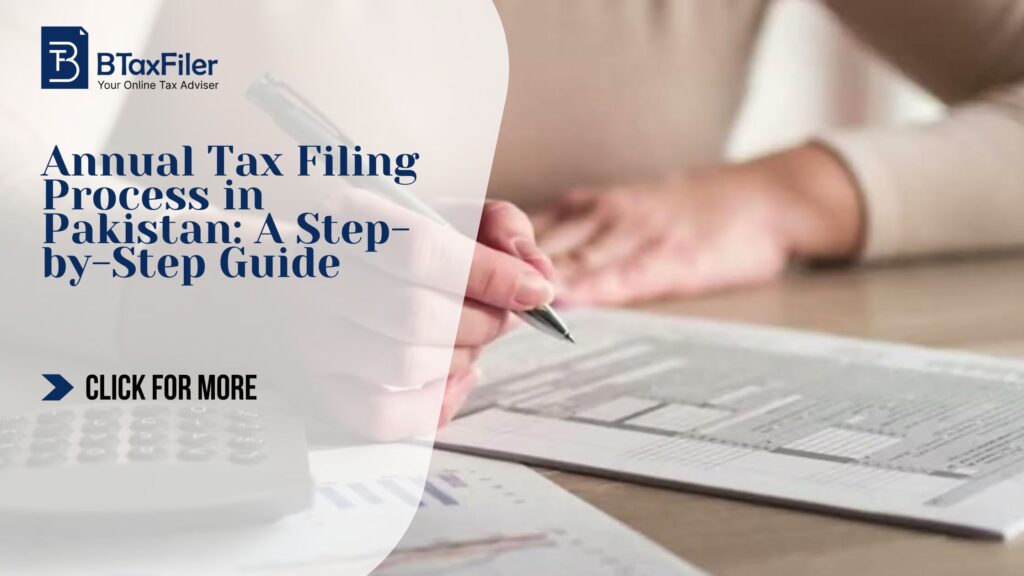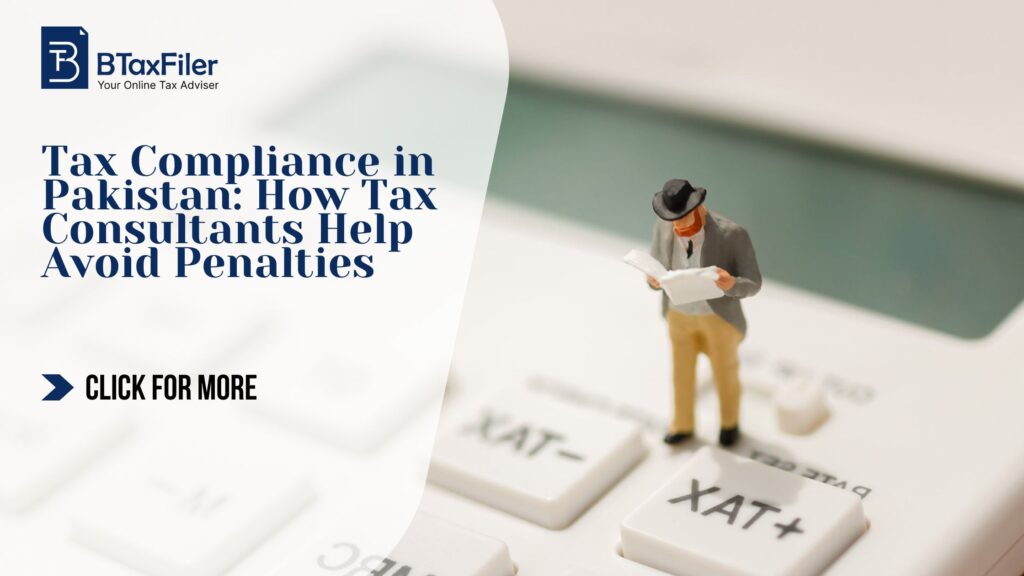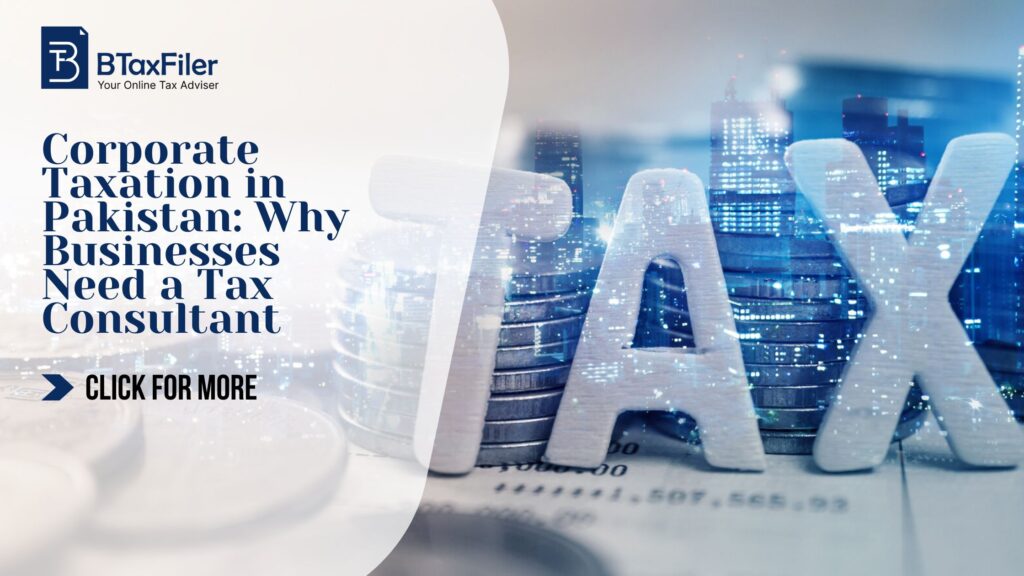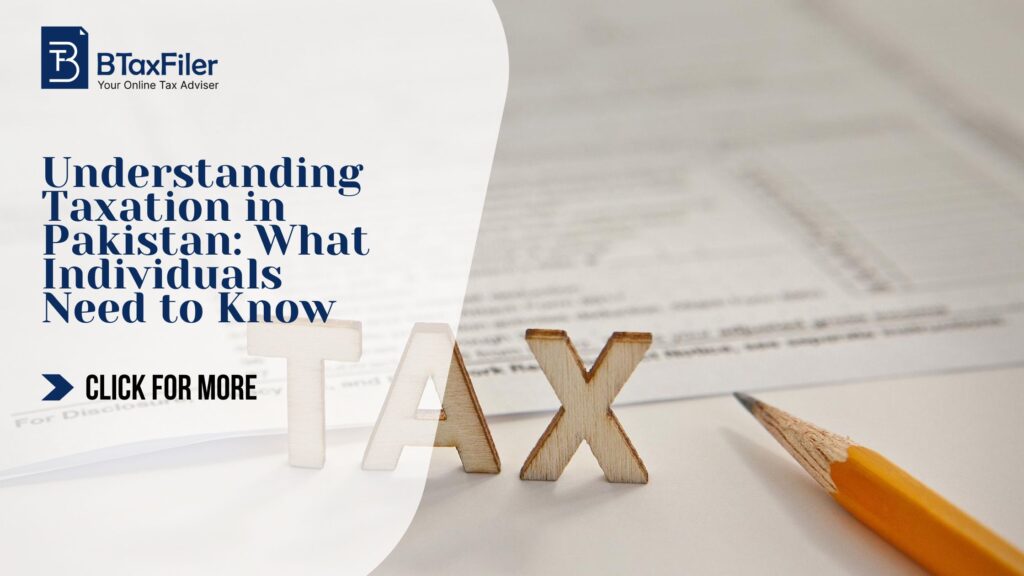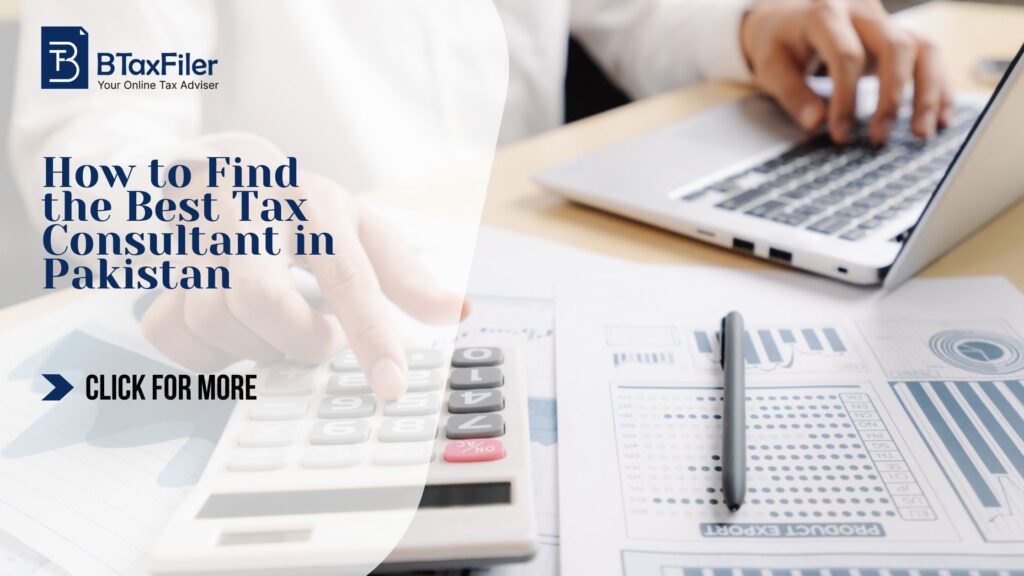In recent tax reforms, the introduction of Section 7E has sparked considerable discussion among businesses and individual taxpayers alike. If you’re concerned about the impact this new law has on your capital assets, this article by Btaxfiler aims to clarify its implications, ensuring you are well-prepared for any financial or tax-related adjustments. Let’s dive deeper into what Section 7E means, who it affects, and how to mitigate its potential impact on your tax obligations.
What is Section 7E?
Section 7E, recently introduced in Pakistan’s tax regime, refers to the concept of “deemed income” on capital assets. In simple terms, deemed income implies that income is assumed to be earned from the ownership of a capital asset, even if no actual income has been generated. This provision primarily affects those owning immovable property or real estate assets.
Who Does Section 7E Affect?
Section 7E applies to both individual taxpayers and businesses that own capital assets like real estate. This provision impacts those who hold immovable property not for business or commercial use but as investments. The purpose behind this law is to broaden the tax base by taxing presumed income from capital assets that are underutilized or sitting idle.
Exemptions to Section 7E
Certain exemptions apply under Section 7E, which could help some property owners avoid paying taxes on deemed income:
- Owner-occupied property: If the property is your principal place of residence, it may be exempt.
- Agricultural land: Farmland used for agriculture is not subjected to this tax.
- Properties used for business: Assets used solely for business operations are excluded from this provision.
Impact on Taxpayers
If you own immovable property that does not generate rental income or isn’t used for business purposes, Section 7E considers that you’ve earned income simply by owning that asset. This could lead to higher taxable income and, consequently, a larger tax bill. Taxpayers must now disclose capital assets and account for the deemed income during tax filings.
For businesses and investors with significant real estate holdings, the law introduces a new layer of compliance, requiring proactive tax planning and reporting. Moreover, those with idle or speculative investments in real estate may face a surge in their tax liabilities.
Calculating Deemed Income
To calculate the deemed income under Section 7E, the Federal Board of Revenue (FBR) has introduced a specific formula. While the exact details depend on asset type and location, the deemed income is generally a percentage of the asset’s fair market value. It’s crucial to seek expert tax consultation to ensure your calculations are correct and comply with FBR’s guidelines.
At Btaxfiler, we specialize in providing tailored solutions for individuals and businesses impacted by Section 7E. Our tax consultants are well-versed in the nuances of Pakistan’s tax laws and can assist you in calculating your deemed income, preparing necessary documents, and minimizing your tax liability.
Strategies to Minimize the Impact
If you’re concerned about the increased tax burden, there are strategies you can implement to mitigate the effects of Section 7E:
- Convert idle assets into productive ones: Use capital assets for commercial purposes, such as renting out properties or starting new ventures, to generate actual income.
- Diversify your investments: Consider diversifying your portfolio into non-taxable or less heavily taxed assets.
- Utilize exemptions: If your property falls under any of the exemptions mentioned earlier, ensure you file the correct documentation to benefit from these provisions.
The Role of Tax Consultants in Managing Section 7E Compliance
Navigating the complexities of Section 7E can be challenging, especially for those with extensive real estate investments. Partnering with a tax consultancy firm like Btaxfiler can streamline the process of compliance. From preparing accurate tax reports to ensuring that your assets are properly declared, our team provides comprehensive tax management services designed to help you avoid penalties and optimize your financial standing.
Conclusion
Section 7E introduces a significant shift in how capital assets are taxed in Pakistan. While it aims to expand the tax base and increase revenue, it also poses challenges for property owners who may face additional tax burdens on non-income-generating assets. By understanding the implications of this provision and working with professional tax consultants like Btaxfiler, you can ensure that your tax obligations are met while minimizing unnecessary financial strain.
If you need help understanding Section 7E or optimizing your tax strategy, contact Btaxfiler for expert advice and personalized tax solutions tailored to your needs.


